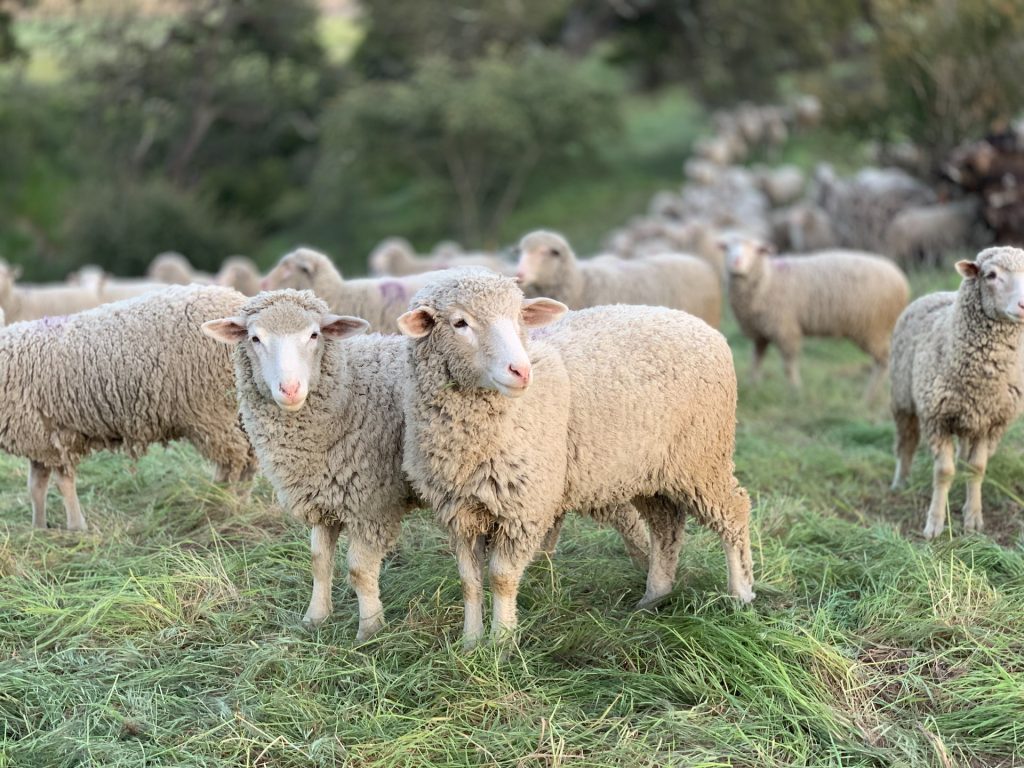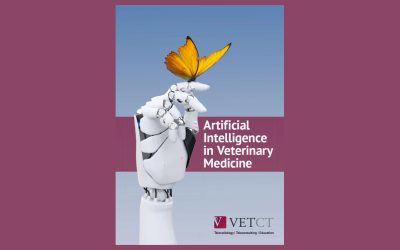How the NOAH Livestock Vaccination Guideline can help you improve your farm’s health and productivity
Livestock farmers know that infectious diseases can significantly affect a herd or flock’s health, welfare, and productivity. One of the most effective ways to prevent and control these diseases is through vaccination. However, vaccination is not a one-size-fits-all solution. It requires careful planning, implementation, and monitoring to achieve optimal results.
To help farmers, vets, and SQPs (Suitably Qualified Persons) implement effective vaccination strategies, the National Office of Animal Health (NOAH) has launched the Livestock Vaccination Guideline. This guideline, launched in May 2022, provides practical and evidence-based guidance on how to use vaccines in the dairy, beef, and sheep sectors.
Topics covered in the Guideline
The Livestock Vaccination Guideline covers a range of topics, including the benefits of vaccination for animal health, welfare, and productivity, immunology and vaccine development principles, vaccine types and how they work, factors that affect vaccine efficacy and safety, best practices for vaccine storage, handling, and administration, common vaccine-preventable diseases in cattle and sheep, and their impact.
It also includes recommended vaccination protocols for different production systems and scenarios, methods for evaluating vaccine performance and impact, and legal and ethical aspects of vaccination.
Encouraging Discussion and Holistic Approach
The Livestock Vaccination Guideline encourages discussion between vets and farmers to create effective vaccination strategies for their individual farms. It recognizes that a holistic approach to herd and flock health management is vital, where vaccination is integrated with other preventive measures such as biosecurity, nutrition, hygiene, housing, and husbandry.
Resources and Support
The Livestock Vaccination Guideline is available online, and on-farm guides for the dairy, beef, and sheep sectors summarize the key points and recommendations from the guideline. You can also sign up to pledge your support for the guideline and receive updates and resources from NOAH.
Benefits of Following the Guideline
By following the Livestock Vaccination Guideline, you can make the most of the great potential of vaccines to help improve the health and welfare of your animals, protect human health from zoonotic diseases, reduce your environmental footprint, and enhance your farm’s resilience and competitiveness. Effective vaccination strategies can also reduce antibiotic use, enhance food safety and quality, and ultimately increase farm profitability and sustainability.
In conclusion, vaccination is an essential component of herd and flock health management. By following the Livestock Vaccination Guideline, you can ensure that your vaccination strategies are evidence-based, effective, and tailored to your farm’s individual needs and goals.



